Climate Change, Capitalism, and The Worldwide Symbiote
Courtesy: NASA / Goddard Space Flight Center
View of planet Earth from space
November 7, 2018
I am not a tree hugger. I do not always remember to switch off the lights when I leave the room, and sometimes I turn the heat up too high in the winter. I don’t spend my days saving injured birds or picking up trash off the beach. But after the climate report issued by the International Panel on Climate Change, I started to feel guilty about how little I’ve been doing.
The report said that the highest temperature increase that the planet can safely reach in comparison to pre-industrial global temperatures is 1.5 degrees Celsius. In 2017, NASA placed us at a .9 degree Celsius increase, and according to the IPCC report, we are expected to reach that 1.5 degrees “between 2030 and 2052.”
The effect of this change to our planet’s climate would be catastrophic. Sea level rise from melting ice caps would worsen the flooding caused by the increasing numbers of hurricanes, typhoons, and blizzards that could be expected. Arid regions and land already damaged by deforestation would become completely un-farmable. Poor communities would be the most drastically and immediately affected.
Here on the coast, where our high school parking lot already fills with ocean water after a big storm, we should be worrying about what our little city will look like for our children and grandchildren.
I am not a scientist or a conservationist, but that doesn’t mean I’m not worried. When I first heard that our world will be irreversibly changed by the time I’m forty I felt defeated; especially now, with an administration which officially denies climate change, fixing the situation seems impossible. If we are going to stop climate change in its tracks, we need to address these people, and understand where their ideas come from.
The answer to that question is a complicated one, but for a lot of people it comes down to the fact that climate change is inconvenient for big businesses. Think about it- if you were the owner of a company that extracted crude oil, would you want the people you sell to to switch to sustainable energy sources? If you were involved in a company that manufactures goods in factories which spew greenhouse gases into the atmosphere, would you want the people buying those goods to believe that your methods are endangering them? No you wouldn’t, because that’s not good for business.
This is not to say that all CEOs and business owners are heartless tycoons- choosing to ignore scientific opinion for the continuation of your livelihood probably wouldn’t be too much of a reach for the average person, especially when you are making piles of money. The more central problem is the way that our current economic system facilitates greed, which doesn’t lend itself well to protecting our planet- or each other.
Capitalism, the driving force of this system, is based on the idea that the markets should go generally unregulated by the government, arguably creating economic freedom, but also creating lots of room for exploitation of people, resources, and the environment. Capitalism in some form has been around about as long as people have, entrenched in systems of hierarchy all over the world; in order for this economic system to function, there has to be a lower class to do the grunt work for the profit of the upper classes.
During the Industrial Revolution, when climate change got its start, the idea of Social Darwinism, a way to excuse this disparity, took hold. Social Darwinism is the theory, now disproved, that certain people and societies who are more evolutionarily fit naturally become more powerful through competition, and other peoples are their natural underlings.
As can be expected, this idea was used to defend racism, but it was also presented as evidence in support of Laissez-faire Capitalism, a policy of little to no interference in business by the government; if it was scientific norm for one group to have the power and another to exist according to their superior intellect and way of life, why should the government have the right to change the natural order?
Darwin’s Theory of Evolution was the inspiration for this ideology, stating that mutations occur randomly, and as they are always in competition with members of their own species, those with positive mutations survive to reproduce and the change is slowly adopted by the entire population, generation by generation. Darwinism is the cornerstone of modern biology; it explains where species come from and how they change over time, but the stress that it places on competition may not be entirely warranted.
Darwinism is centered around the idea that all kinds of organisms, from the tiniest microbes to the most enormous blue whales, formed through a process of brutal “survival of the fittest” over thousands of years, completely disregarding the important impact that symbiosis, or organisms working together, has had on evolution. Lynn Margulis, a pioneer of Endosymbiosis, theorized that the very first eukaryotic cells (the cells that make up everything from fungi to people), were formed through a symbiotic relationship between un-nucleated bacteria which merged, and that chloroplasts and mitochondria (the organelles which produce energy for cells to use) were originally each a separate bacterial species.
Although Margulis’s theory was largely discredited during her career, it has now been widely accepted by the scientific community as an explanation for the earliest adaptations of life. Margulis went even further with her radical scientific ideas, working with British chemist James E. Lovelock to develop the highly controversial “Gaia hypothesis,” (named for the Greek earth goddess) which presented the idea that the earth is a complex interconnected system in which living things have a regulatory effect on their environment, creating a worldwide homeostasis for themselves, and in effect, for each other.
Essentially, Margulis and Lovelock proposed that planet Earth is a self regulating system of organisms and natural processes; a huge endosymbiotic organism in and of itself.
As we watch the effects of climate change unfold, lamenting the tooth and nail nature of survival can be an appealing scapegoat. One might think that we have simply conquered the natural world, placing ourselves at the top of the food chain through our superior intelligence, and are now observing the inevitable effect of Darwinism; a dominant species overpowering all the rest. However convenient that excuse might be, the Gaia hypothesis throws a wrench in the gears, forcing us to consider that it isn’t competition that leads us to damage the planet and its life, but a flaw in human nature.
The human infatuation with power has seeped into the way we think about life on Earth, and our predisposition to greed has allowed us to use twisted theories like Social Darwinism to exploit each other, and now especially, the environment. Climate Change is happening, and it’s not because the human race was evolutionarily destined to destroy, but because we have failed to take action against the inequitable structures on which our society depends. We need to self regulate- be symbiotes in the system that we cannot survive without.
Lessening the damage caused by climate change is not just a question of remembering to turn the lights off when you leave a room, it requires a careful analysis of what caused it, and a complete overthrow of the faulty principles that drive our society.
This is a problem that must be solved through systematic and impactful change, not individual actions; we need a modern Renaissance of cooperation. We have a basic duty to each other and the ecosystem we are a part of to acknowledge undeniable human flaws, and create legislation which keeps them from negatively affecting society.
We need to do something about Climate Change before it’s too late, and that means we need to change the way we think and what we value. It is time to stop competing, because if we win this self-imposed war against nature, humanity will die along side Gaia.
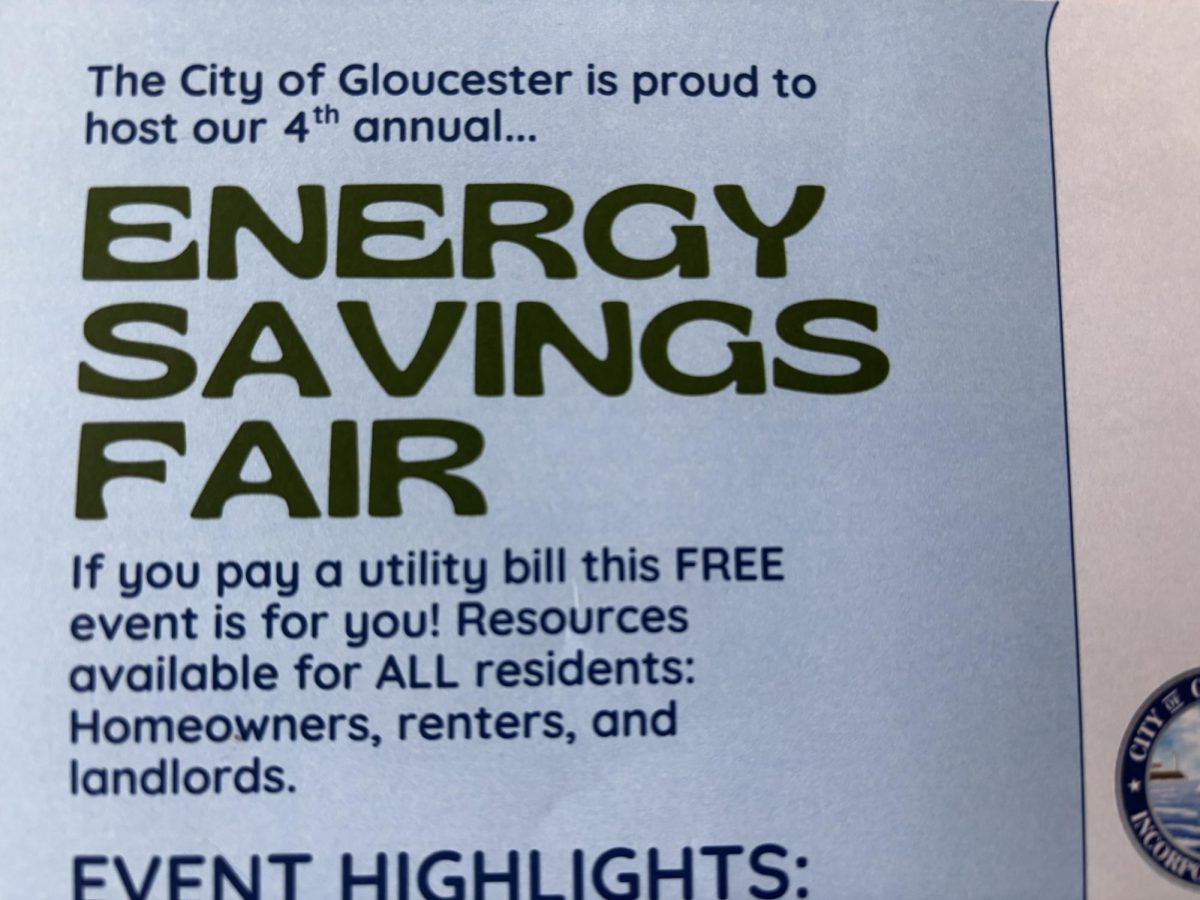
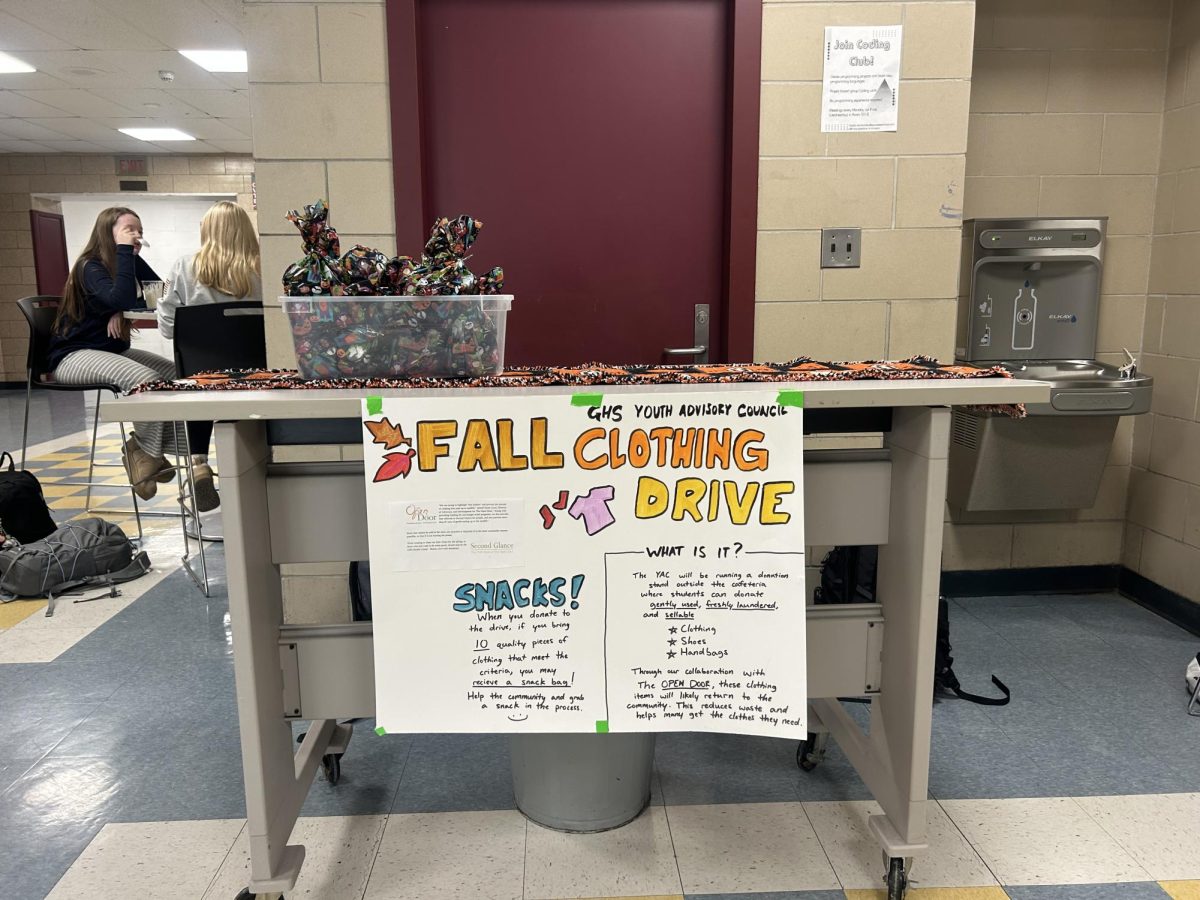
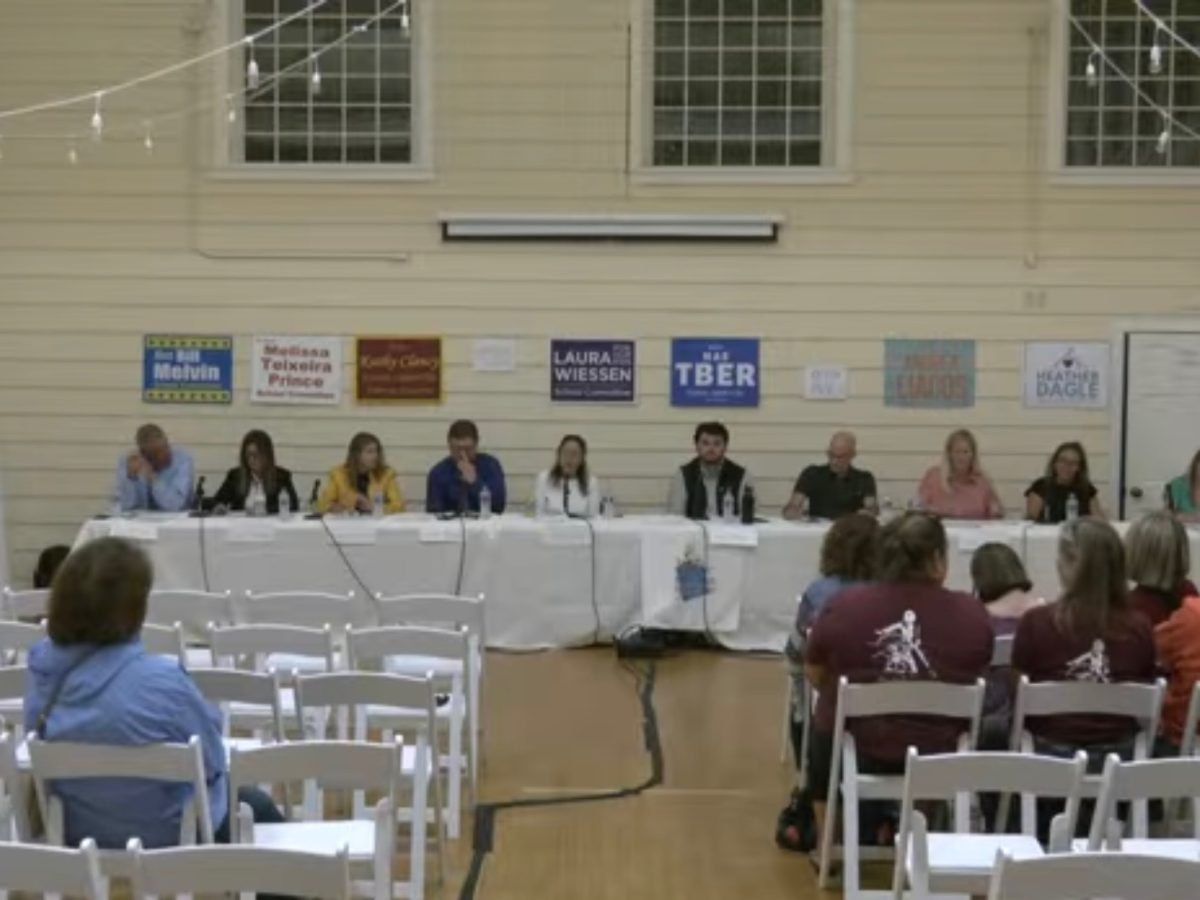







![The Volleyball team poses after their win. [Photo courtesy of GHS Volleyball]](https://thegillnetter.com/wp-content/uploads/2025/10/IMG_6936.jpg)
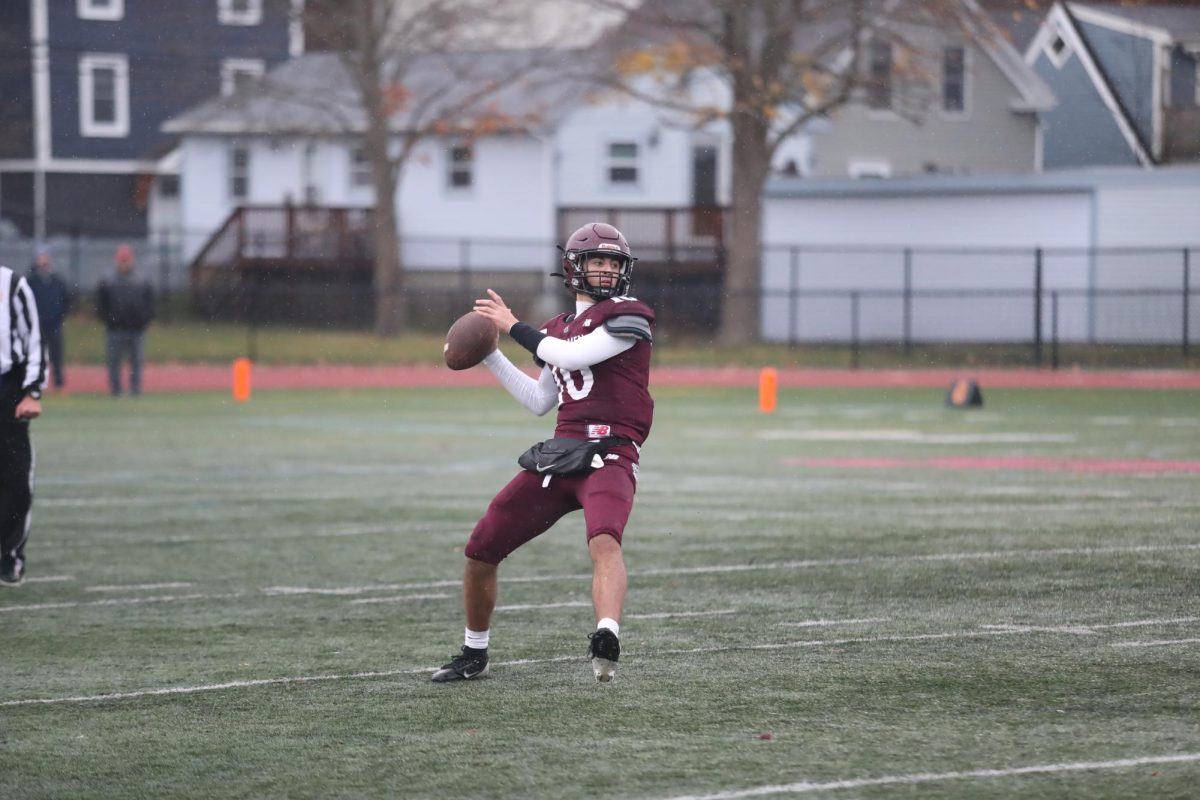


![The GHS/MERHS senior cross country runners pose together on Senior Night. [Photo courtesy of Manchester-Essex Athletics]](https://thegillnetter.com/wp-content/uploads/2025/10/Screenshot-2025-10-10-at-11.18.29-AM.png)
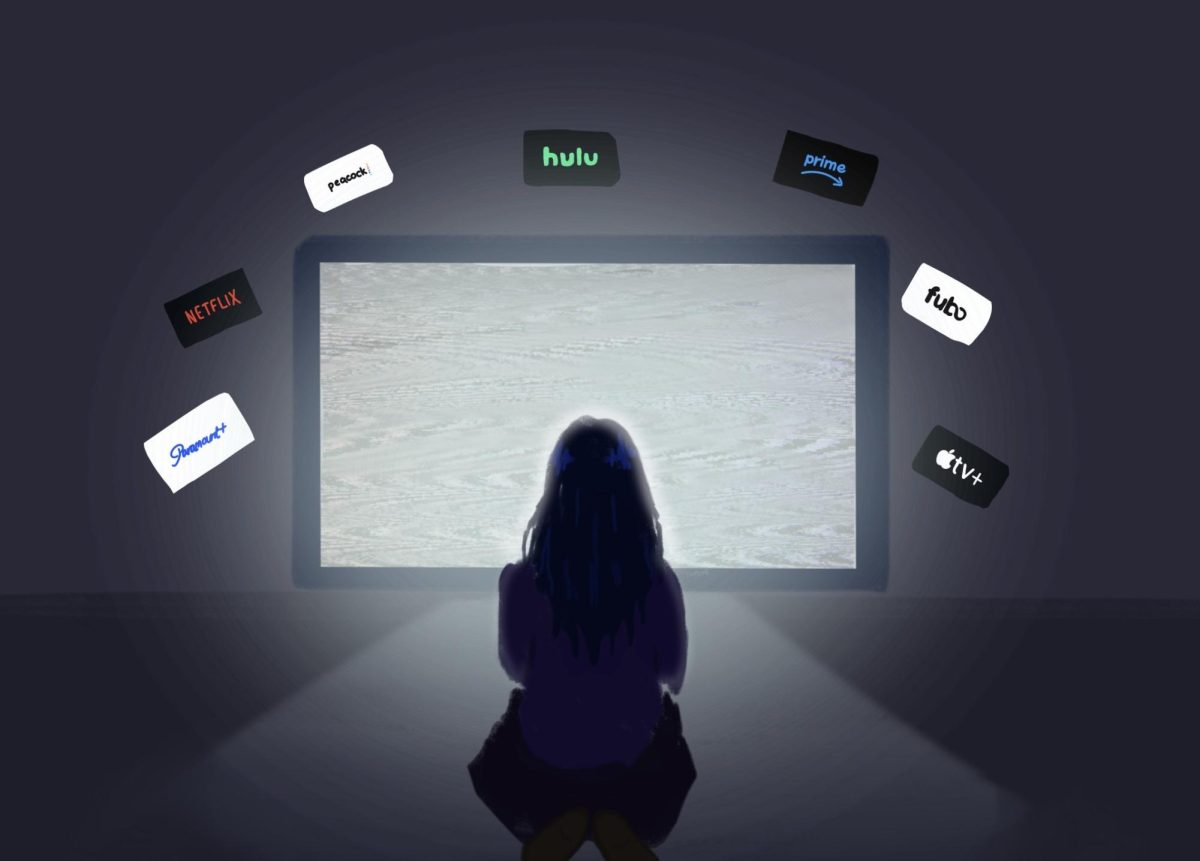
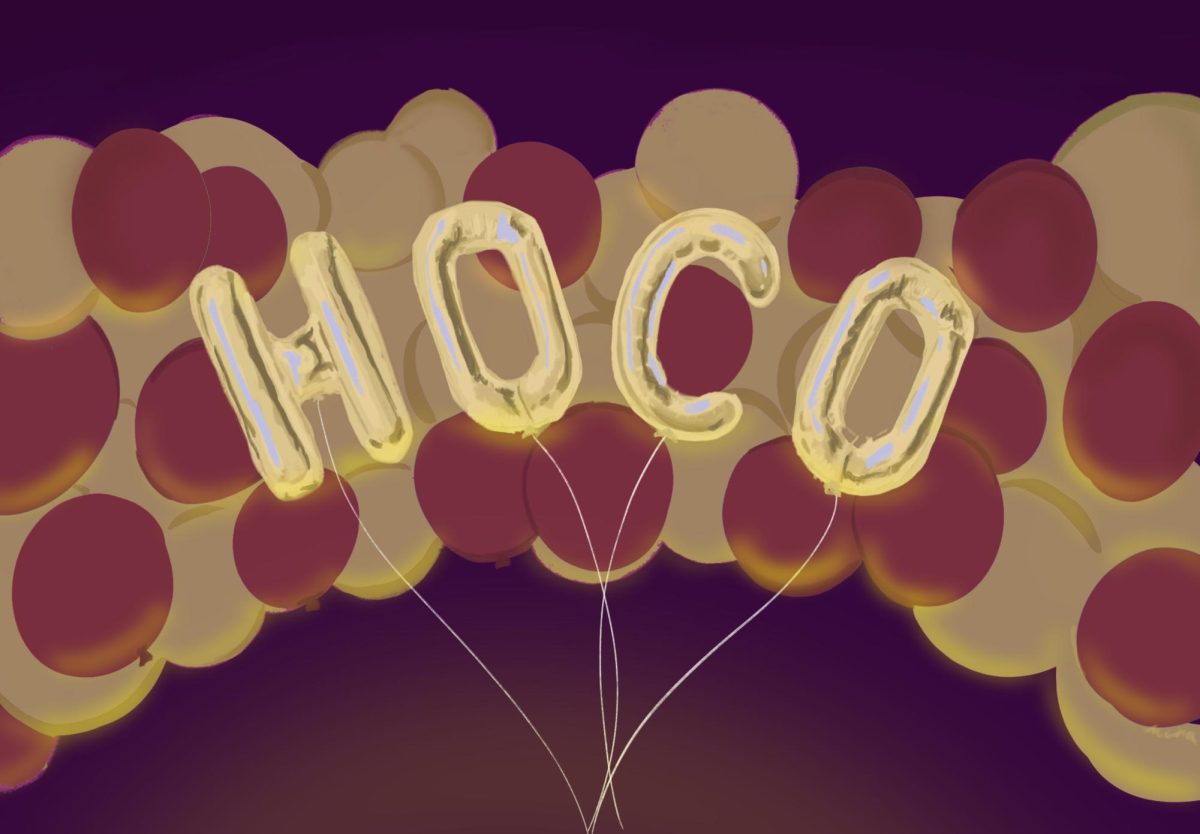



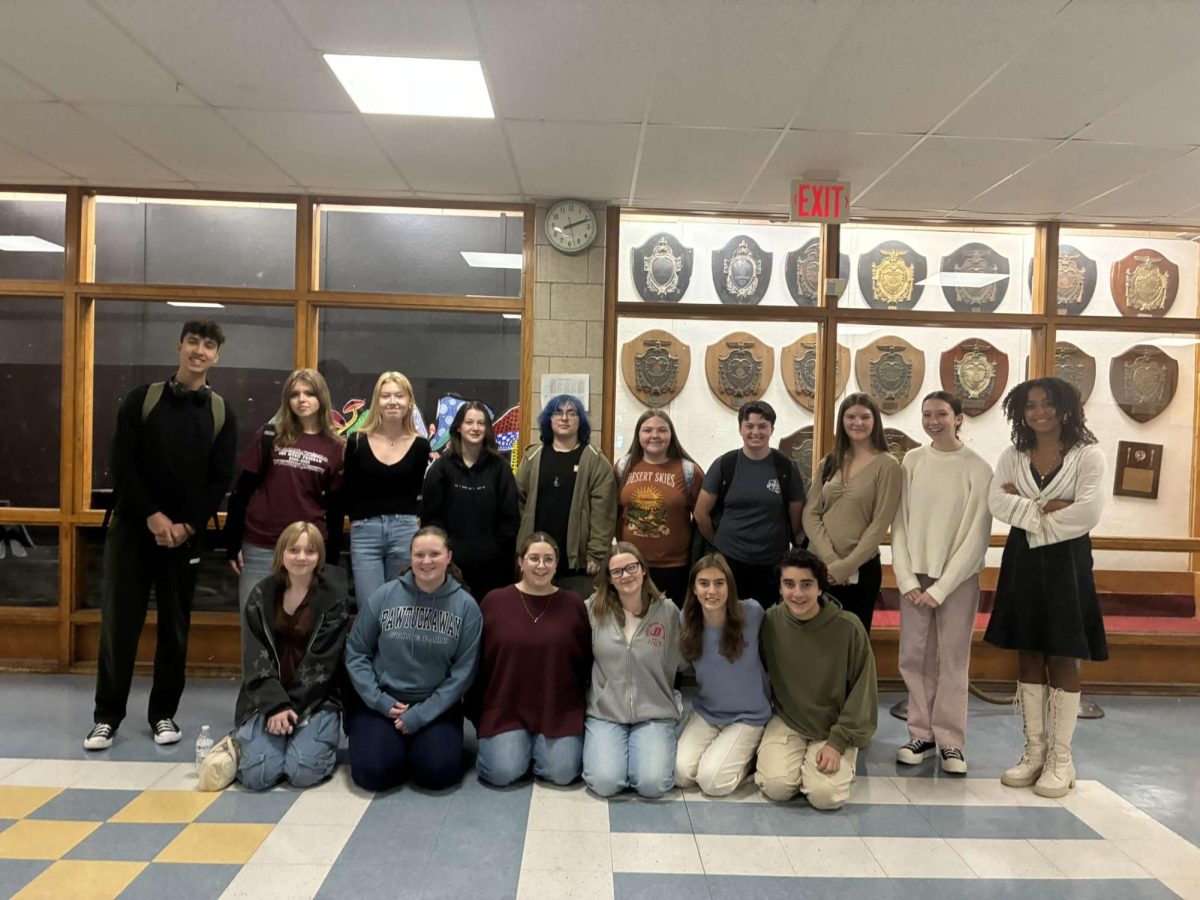









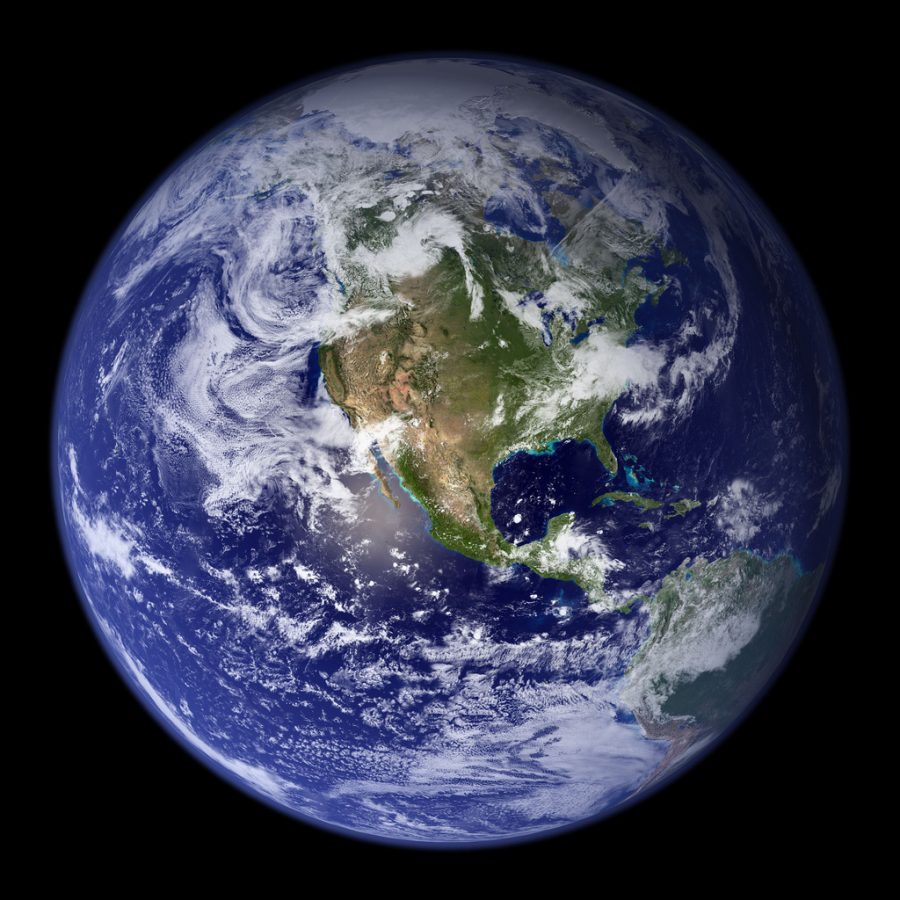


Roger Garberg • Nov 21, 2018 at 6:02 pm
You’ve put the problem well, Willa. Some people have noted that the environmental problem we face is similar in some respects to the one we faced in the 19th century when the Union confronted slavery. In that case, too, we faced a moral imperative to end an institution that was staggeringly profitable for a few, provided a basic income to many (e.g., cotton mill workers) while doing unspeakable harm to others (blacks working the plantations). Here’s the conflict in which the modern world economy begins, and, as you note so well, the environmental crisis is where one version of it must end. The point of the analogy with slavery is to suggest that the wealth linked to slavery is like the wealth linked to fossil fuels–it is too large and powerful to yield to moral argument alone. Instead, it will be addressed only with impassioned organizing around a new vision of our economy. I’m betting you’re one of the people who can organize around that vision!
eric hutchins • Nov 16, 2018 at 4:38 am
Very nice article Willa! Keep up the good work on this topic.
Michael Dyer • Nov 14, 2018 at 9:46 am
Willa, Thanks for giving me some hope in the human race this morning! I am in fact a tree hugger who obsessively turns off lights and keeps our house a bit too cool for my wife’s tastes. I think that Gloucester especially should be a city in the forefront of climate change response, as well as response to other environmental threats, because of its connection to and dependence on the ocean. These threats include acidification of the ocean from CO2 uptake, plastics, runoff induced “dead zones, and others. I’ve been thinking of a letter to the GD Times about this, and wonder if I could cite your name and article in it. Could I? Thanks, Mike.
susan hoague • Nov 14, 2018 at 6:08 am
I reposted your article on TownGreen’s facebook page. Not only is the information important but the fact that students like you have a better grasp of what is happening than many many adults and politicians. Thank you for this very informative article.
Lee Lewis • Nov 14, 2018 at 1:01 am
Rich, while a Seagate may seem an obvious remedy, it is known as a “hard” solution that can break down and cause as many problems as it solves, such as destruction of its environ, or the ecosystem it directly impacts. Some of the more enlightened thinking around mitigating effects of climate change involve “soft” solutions, such as enhancement of parklands and marshes that absorb water and release it, and rechanneling encroaching floodwaters to where they are lesss dangerous and may even have positive impact. I encourage you to study up on these more natural approaches before advocating for a seagate. I do think tidal energy is an untapped resource that we may be able to harness, although studies have found it to be not economical to date.
Beth Wonson • Nov 13, 2018 at 2:19 pm
Great article. Thank you for widening my perspective!
Mila Barry • Nov 13, 2018 at 10:55 am
So eloquent! Very nice job Willa!!
Ellen Solomon • Nov 12, 2018 at 11:16 pm
A brilliant essay. Could change a lot of minds and hearts. Congratulations!
.
Sandra Williams • Nov 12, 2018 at 1:05 pm
Thank you so much for your thoughtful and important article. It is hard to believe in some ways that greed takes precedence over the survival of Earth, but not surprising considering the history of humanity, which James Joyce described once as “a nightmare from which I am trying to awaken.” Still, your perspective is shared by so many and will increasingly be so for the present and upcoming generations and by many more whose concern is based in science and statistics rather than the apparent apathy of many others who either just do not care, have the greed motive and/or conspiracy theory mentality. Thanks you again for your insights and inspiration and hope “to take action against the inequitable structures on which our society depends. We need to self regulate- be symbiotes in the system that we cannot survive without.”
Mary Ellen Lepionka • Nov 12, 2018 at 10:23 am
Willa, your article is brilliant, your point perfectly argued and well referenced, your writing both colorful and clear. I can’t tell you how proud I am of you for the way you think and for your values that you express so well. I feel reassured that Gaia is in good hands, that you and others like you will continue the mission that I and others in my generation set for ourselves and could not achieve in our lifetimes. You are the future, and my hero.
Carol Cooke • Nov 12, 2018 at 9:03 am
First, thank you for your A++ essay on the dangers of climate change. You are the future of climate change and your essay shows how we must look to the youth of this country for answers. I am disgusted with our U.S. President and Congress that have ignored this vital issue while watching our country continue to suffer from floods and fires due to climate change. Unfortunately, we have a president who is too ignorant to even understand what your essay is stating as facts, but then he only has a third grade vocabulary and is driven by capitalism.
If we do not do something about climate change, soon the human race will become extinct.
Keep up the good work for changing opinions on the crucial need for saving our planet.
When I was in collage, not high school so I really admire your passion, I wanted to save the planet too but my generation has failed.
Keep up the good work!
Carol Cooke
Rich Hersey • Nov 12, 2018 at 8:13 am
Thank you, Willa, for sharing with us.
As for local ACTIONS we can take to provide enough breathing space until there is a social change, please go to the City of Glouceste web-site and find the 2015 Kleinfelder report in the Community Development section. Read it to the end and also check out the interactive flooding maps.
Sorry to say, the flooding at the highschool is only avery small warning of what’s to come. Imagine losing the entire waterfront!
I have concluded that (1) a holistic cost/benefit analysis that includes public and private assets and the immediate and longer term financial and social (i.e. economic) impacts of sea level rise and storm surge upon the working waterfront during the inevitable major storm (not if but when) together with the positive impacts of a majorc onstruction project would justify a public-private partnership to construct a seagate across the harbor. (2) Such a seagate would not be impossible nor unwieldy. (3) Embedding tidal turbines within the seagate structure could provide continuous non-polluting energy. And (4), unless your generation pushes for this ACTION, local reluctance and political misgivings will further empower the nay-sayers of Gloucester to ignore the greater needs and greater good that saving our harbor would address. So,…
let me ask you, what will you do, how, when, and with whom`?
Thanks again for a well-written piece.
Rich
Dot Sieradzki • Nov 12, 2018 at 8:11 am
Recommended reading, The Sixth Extinction: An Unnatural History by Elizabeth Kolbert.
Nancy Goodman • Nov 12, 2018 at 6:56 am
Willa, I am so impressed with both your reasoning and your writing! You are able to bring the reader along as you build your argument for rethinking our relationship to the planet. Thank you for your excellent work. May it be read and responded to far and wide!
Elinor Ketelhohn • Nov 7, 2018 at 5:45 pm
Thank you for raising awareness about this! A revolution can initiate in high schools across America. I think we should start by banning single-use plastics, or replacing them with biodegradable materials (following Costa Rica’s example).